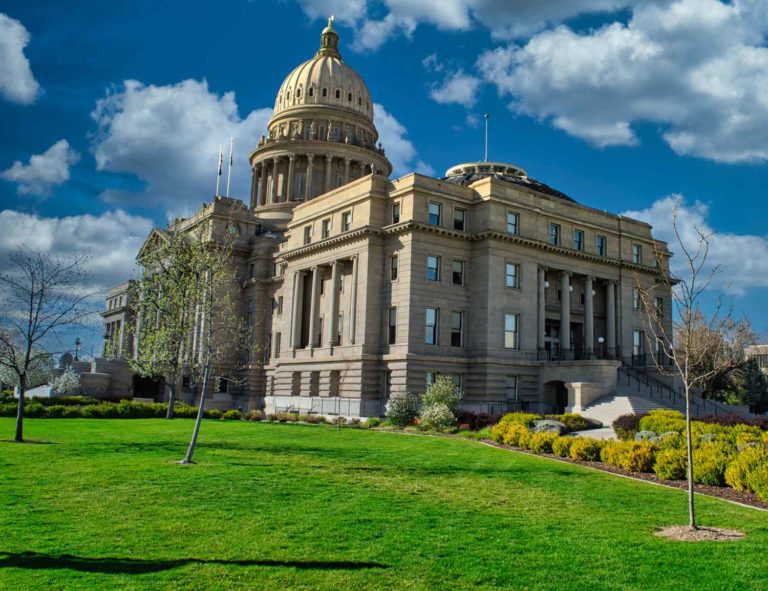
Governor Brad Little (R) recently issued a veto on a bill that would revise the signature collection process for ballot initiatives. This attention given to petitions follows a bill Little signed called SB 1110. However, these actions could have broad effects for activists currently collecting signatures. Currently, activists are trying to put medical cannabis on the 2022 general election ballot.
SB 1150
Sponsored by the Senate State Affairs Committee, SB 1150 would only allow initiative petitions to gather signatures for those who are physically present in Idaho. So it doesn’t matter if a registered Idaho voter happened to be out of the state. Their signature wouldn’t count. They needed to be within state limits. For example, this would remove the signing rights military members deployed out-of-state or overseas.
Right before the bill died in the House, it received an amendment. It would allow deployed military members and those on out-of-state religious missions to have their signature counted. However, it didn’t include family members of military personnel or any other ‘legal voters’ from taking part in Idaho’s initiative process.
Veto
A few days before the bill would have gone into effect without the his signature, Governor Little issued a veto. The veto says:
“I am primarily concerned with the constitutionality and fairness of this bill. As amended, Senate Bill 1150a provides that signatures gathered outside of Idaho may only be collected from military members and missionaries. This is discriminatory and unfair to other qualified voters who wish to participate in Idaho’s initiative and referendum process but find themselves temporarily out of the state when the opportunity arises. For example, families of military members deployed overseas should be afforded the same convenience to exercise their Article III, Section 1 rights when doing so presents no concerns for the security or integrity of the process. Further, as I articulated when I signed Senate Bill 1110 earlier this session, I support efforts to increase participations of all Idahoans – not just those living in urban areas – in our initiative and referendum process. I believe Senate Bill 1150 will frustrate that laudable goal.”
Response
The Senate State Affairs Committee, which first sponsored SB 1150, said they will not attempt to override the governor’s veto. Chairwoman Patti Anne Lodge (R) discussed the veto with a local news station. “We tried to make it as simple as [possible],” Senator Lodge said. “And that’s just the way the cookie crumbles. Sometimes you get it right, and sometimes you don’t.”
Right now, the only restriction placed on signature collecting is SB 1110. Activists must now gather signatures from all 35 legislative districts. These signatures need to be six percent of the total amount of signatures. Previously, only 18 of the 35 districts had to be represented. However, the objection surrounded more urban voices heard over rural ones. SB 1110 tried to combat the uneven viewpoints.
Activists now say these numbers are almost impossible to meet. But, they will be trying their best to make it work. Medical cannabis is the goal for the 2022 general ballot.
Make sure to check back for more cannabis and hemp related news.